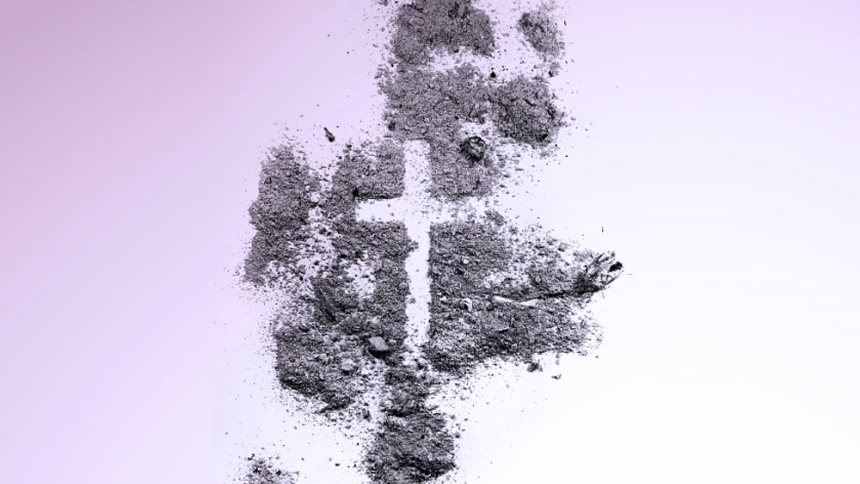
As published in the Northwest Indiana Catholic on March 18, 2018
In previous columns, I have written about the importance of prayer, contemplation, leisure, silence and the priority of the Sabbath as a day of rest. Two Sundays ago, the first reading from Exodus narrated the Ten Commandments, the third of which speaks of keeping the Sabbath holy.
Orthodox Jews observe this teaching with extreme rigor. When I was in the Holy Land, I was amazed that the hotel had a “Sabbath elevator,” which constantly stopped at each floor from Friday evening through Saturday evening so that observant Jews would not have to push an elevator button, a simple action, but one which would constitute “work” for them. This practice may seem extreme and rigorous to us, but demonstrates a sincere desire to observe the totality of God’s law, as they understand it.
Back in 1998, St. John Paul II wrote an apostolic letter, “Dies Domini,” on Sunday as the Day of the Lord. He reminds us that from the dawn of the Church, Christians celebrated the Sabbath on Sunday, since Jesus rose from the dead on Easter morning. Every week, the Eucharist is our participation in, proclamation of and gratitude for this saving mystery.
“The Resurrection of Jesus is the fundamental event upon which Christian faith rests. It is an astonishing reality, fully grasped in the light of faith, yet historically attested to by those who were privileged to see the Risen Lord,” he wrote.
By celebrating the Resurrection of Jesus every week, the Church indicates that it is the “true fulcrum” of history, the interpretive key that explains everything in our human experience.
Many of us remember the Sundays of the past when stores were closed, people refrained from work, families had a big dinner together and most people still went to Church. For multiple reasons, Sunday has changed dramatically; it has become the “weekend.”
Sports, work, shopping and catching up on chores at home now often fill this special day, sacred to the Lord. None of those activities are bad in and of themselves, but they cannot totally replace our human need for Sabbath rest and leisure. If we fail to observe Sunday as a spiritual time, it becomes just another day to fill with prosaic activity.
Consequently, the horizons of our minds and hearts may subconsciously limit themselves to the mundane things of this world. Life becomes an unending process of just getting stuff done, so that we can move on to the next thing.
I would suggest that an impactful, yet simple way that we, as the people of God here in the Diocese of Gary can implement many of the synod priorities before us is to reclaim Sunday as the Day of the Lord, a sacred time for each individual and family to worship, rest, spend time with relatives and friends, play, study and rediscover the power of peace and silence.
Many of our synod initiatives speak about connecting people to God, the parish, the sacraments, their families and their neighbors with greater authenticity and participation. I cannot think of a better way to help such relationships to experience renewal and flourishing than the observation of Sunday.
What if our families all celebrated the Eucharist together every week? Imagine reaching out to the people in our lives who have drifted away from Sunday Mass and simply invite them to accompany us. Picture dropping some of the activities our children are in, so all of us could have a little more space to relax and just be with each other. Maybe our children would be secretly relieved.
What if Sunday dinner became a sacred weekly ritual where families could strengthen their beautiful bonds of love, faith and support, as they truly listen to each other? Outings with family and friends to a park, a picnic, a religious shrine become memorable and loving moments of connection. Family prayer rituals reinforce that faith is not just what we practice in church and that our homes are sacred places where the Lord dwells.
Time for study, reading and rest becomes a welcome respite in harried lives.
I want to encourage and thank the many Catholics in our diocese who do keep Sunday as the Sabbath. I am certain you notice the difference it makes in your personal and familial lives. But, if Sunday has gotten away from you, if it has simply become a day to catch up on everything left undone, if your family rarely eats together, if Mass attendance has become sporadic, if you are always tired and stressed, maybe the Lord is calling you to embrace the ancient practice of Sabbath.
In the frenzied and over-scheduled life we run through, my thoughts and suggestions here may sound both naïve and impractical. But, if we step back a moment and ponder where our destiny and hope lie, we quickly realize that eternal life will be a perpetual Sabbath rest, when we will simply abide and rest in the love of the Lord and comm with each other forever, in a bond of love, joy and goodness that is beyond our imagining and our grasp.
From such an eternal perspective, Sunday becomes a slice of heaven when we glimpse the good things to come, remembering who we are as beloved children of God, celebrating the wedding banquet of the Risen Christ and knowing that we are made for joyful contemplation and with God and each other. Our humanity needs Sabbath rest; our spirituality craves it. In her wisdom, the Church offers it to us on a heaping platter of abundance.
Can we sit still long enough to savor the banquet?
+ Donald J. Hying



